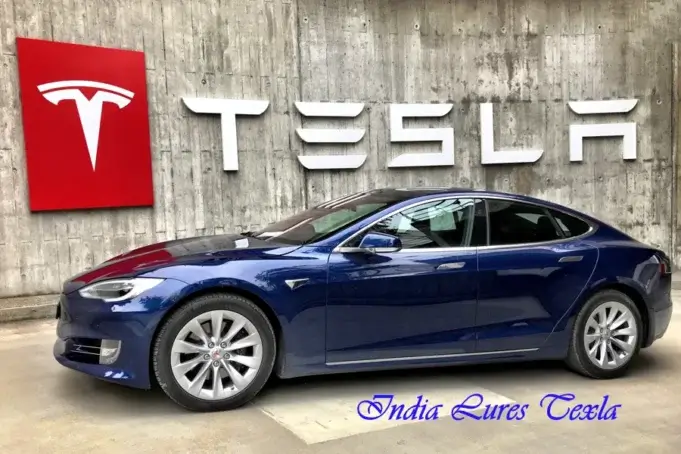Revising its initial stance, Tesla is considering establishing manufacturing base in India. Earlier, the company had sought reductions in import duties, which currently stand at 100 percent for vehicles priced at $40,000 and above and 60 percent for those below this price point. The electric carmaker’s initial demand was to cut this duty to 40 percent.
Senior Tesla executives, including supply chain specialists, have travelled to India, conducting several high-level meetings with key government ministries and the Prime Minister’s Office (PMO). Their aim is to develop a comprehensive manufacturing blueprint for the country. While Tesla might still negotiate certain duty concessions, insiders suggest that these would be primarily intended to test market receptivity for specific models, which might not otherwise attract significant domestic demand.
Simultaneously, Tesla is exploring the possibility of opening exclusive retail outlets under single-brand retail, a move that would necessitate 30 percent local sourcing. Observers believe that the company’s shift in strategy – from demanding reductions in import duty to contemplating domestic manufacturing – was motivated by Apple’s successful manufacturing operations within the country.
Government sources revealed that they proposed an alternate approach to Tesla’s import concession demands. Rather than granting import duty concessions on fully built vehicles, the authorities offered concessions on components required for domestic manufacturing. This approach aligns with the currently operative smartphone production-linked incentive (PLI) scheme under the phased manufacturing program (PMP).
This strategic change opens up the possibility for Tesla to benefit from the electric vehicle PLI incentives if the company decides to manufacture domestically. This strategy was successfully implemented in the auto industry when foreign manufacturers were establishing their operations in India under a similar phased manufacturing program.
Officials believe that providing Tesla with import concessions for domestic manufacturing would not elicit objections from the domestic auto industry. However, they would object to any lowering of import duty on finished Tesla vehicles, arguing against any potential threat to the level-playing field. The Society of Indian Automobile Manufacturers (Siam) has already voiced its objections to any special concessions for Tesla that might disadvantage the domestic industry.
At present, international auto giants such as Mercedes and Volkswagen assemble their vehicles in India using completely knocked down kits, supplemented with locally sourced components. This development marks a significant shift in Tesla’s approach to the Indian market, suggesting an intriguing future for the electric vehicle industry in the country.











